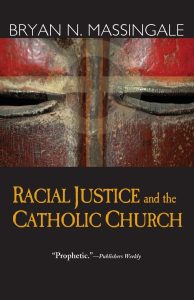 Summary: An alternate history of the midwest in the 1920s.
Summary: An alternate history of the midwest in the 1920s.
This is the third novel of Francis Spufford that I have read. They have all been historical fiction of one sort or another. Golden Hill was set in 1746 New York City and has a plot twist at the very end that really made the book. It was well written and tightly plotted, but that main twist and some other minor plots twists moved the book from good to excellent. Light Perpetual is also an alternative history that follows a group of children who were killed by a German rocket in WWII as if they had not died. My only real complaint about the book is that the book could have been written as a straight novel without the alternate history. I bring that up because Cahokia Jazz does not have that problem.
Cahokia Jazz is set in the 1920s. The alternative history is not really explained well, but as I explored other reviews, I discovered that the central change is that a less virulent form of small pox was introduced by early Spanish explorers and that instead of approximately 90% of Native Americans at the time dying from European diseases, a much smaller percentage died. The result is that by the 1920s, instead of a minuscule Native American population, there is really three cultural groupings in this midwestern city that is in roughly the same area as St Louis. The book opens with a note telling the reader that there are three racial/ethnic groups in the book and the book uses the local terms to describe them. They are, takouma (Native Americans), takata (European Americans), and taklousa (African Americans). I knew in my head the terms and I knew by the story which group was which in terms of cultural power and significance, but I think his renaming these racial/ethnic terms was a savvy way to disguise some of the plot points.








